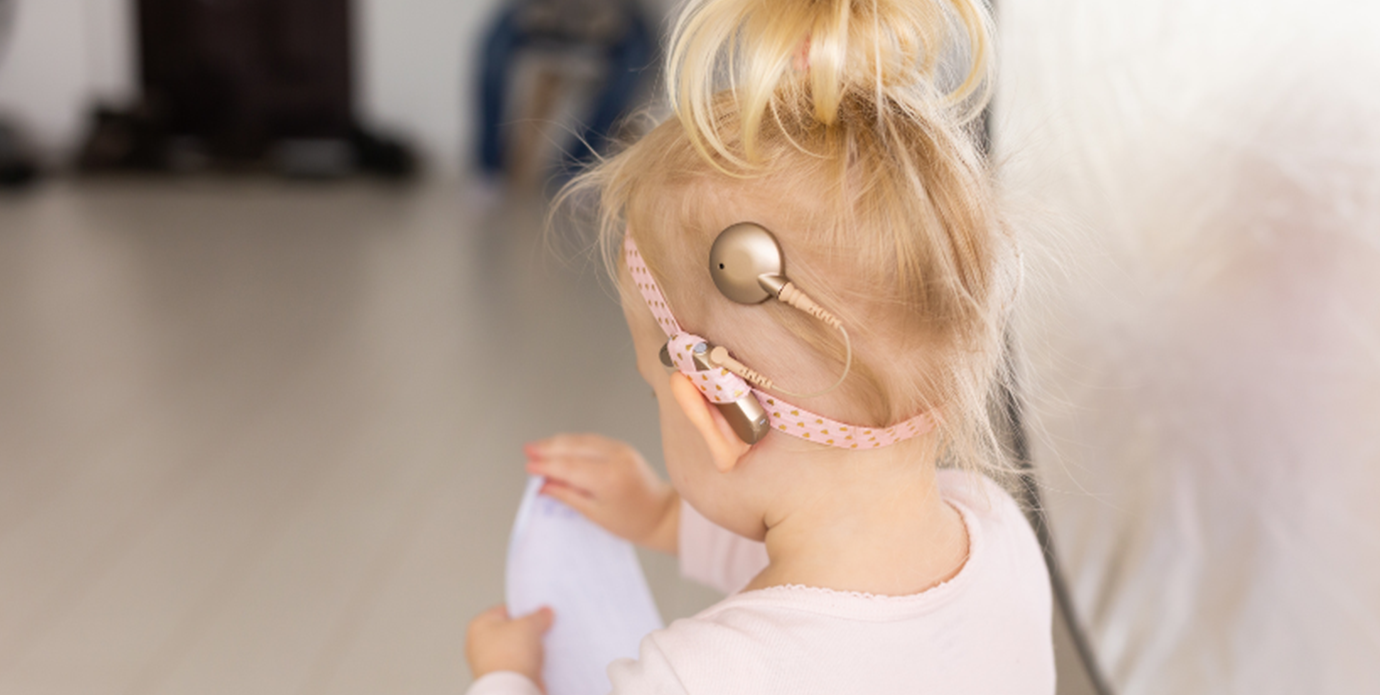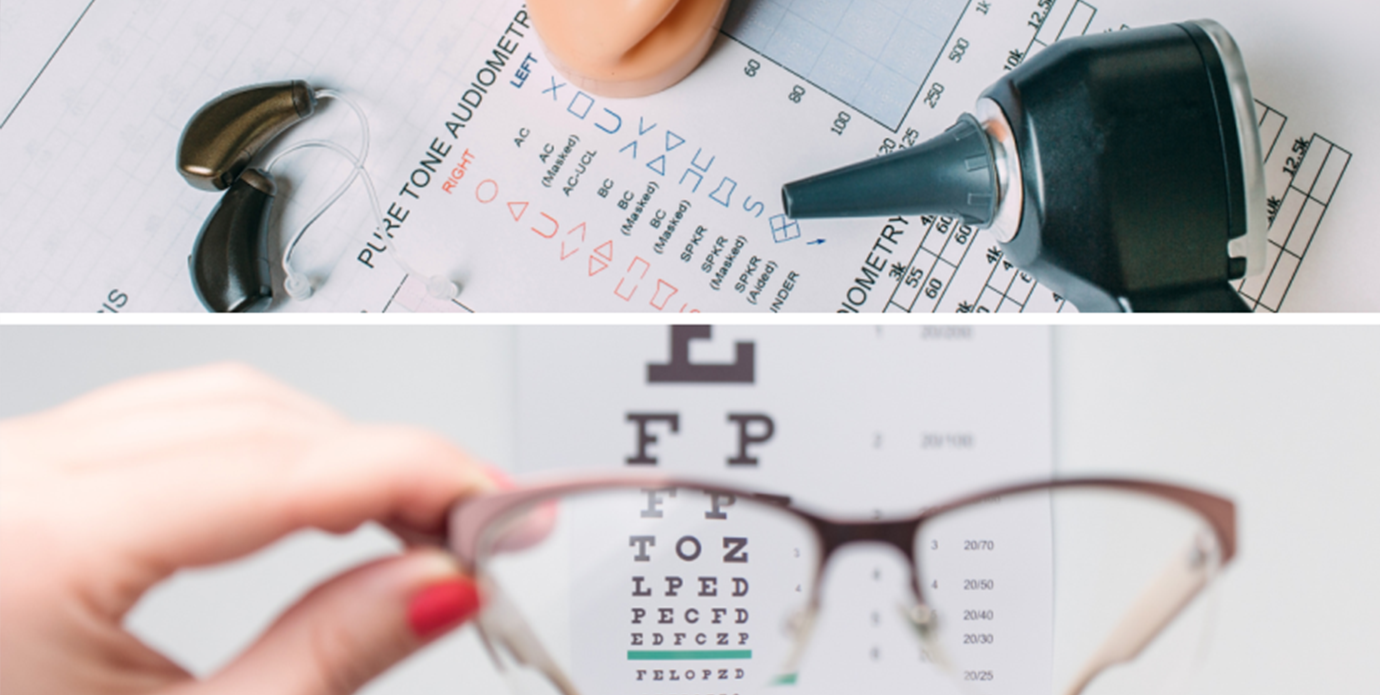We all procrastinate. We plan to get something done, and it just keeps getting pushed to the next day (or week, or month). Addressing your hearing health may be one of those things. On average, an adult waits 7 to 10 years from when they first notice difficulty hearing before they schedule an appointment to do something about it. This can have lasting negative effects.
In children, untreated hearing loss can significantly impact speech and language, education, and social interaction. In adults, untreated hearing loss can make it difficult to follow conversations, causing people to withdraw from social interactions and other activities they enjoy.
There are lots of reasons why addressing your hearing concerns sooner than later is a great idea:
Hearing is All About the Brain
We think we hear with our ears, but it is our brain that actually does all the work. Sound enters the ear and travels to the brain, where the brain interprets the sound as meaning. If the ear isn’t able to send the sounds to the brain due to hearing loss, the brain is constantly missing important information that is needed for communication, socialization, safety, and tasks in everyday life.
Risk of Cognitive Decline
People with untreated hearing loss are at increased risk of dementia. The good news is that a 2017 study showed that treating your hearing loss (with hearing aids), may lower the risk of dementia and Alzheimer’s disease.
Risk of Falling
A study by the Johns Hopkins School of Medicine and the National Institute of Aging showed that people with hearing loss had a higher risk of falling. A mild degree of hearing loss tripled the risk of falling, and the more severe the hearing loss was, the higher the risk of falling. A 2018 study from Washington University School of Medicine showed that wearing hearing aids may actually improve a person’s balance. Study participants were able to maintain their balance for longer periods of time with their hearing aids turned on compared to when the hearing aids were turned off.
Depression and Anxiety
Hearing loss increases the likelihood of experiencing depression and anxiety. Not being able to follow a conversation or socialize with loved ones can be stressful and isolating. It also takes a lot more effort to try to follow what is being said when you’re missing parts of the conversation, which is exhausting. Hearing aids, along with other interventions, may be able to help.
Negative Impacts on Relationships
For many adults with hearing loss, the decline in hearing occurs gradually over time. Often someone may not even notice at first. A family member or friend may be the first to see the change. They may remark on the volume of the TV, or that having a conversation has become difficult because they have to repeat themselves so much. Studies show that romantic partners tend to be most affected. Often the partner’s ability to listen is blamed when it is actually a hearing problem that is making communication challenging.
As an audiologist, I have never had a patient say “I wish I waited longer to do something about my hearing”, but I often hear “I wish I came in sooner!”. If you have concerns about your hearing, schedule an appointment today! You won’t regret it.
By: Cecelia Ward, AuD, CCC-A
First published on July 13, 2021.
References:
https://www.hearingloss.org/hearing-help/technology/otc-hearing-devices/
https://leader.pubs.asha.org/doi/10.1044/leader.AN3.12092007.5
https://www.thelancet.com/journals/lancet/article/PIIS0140-6736(17)31363-6/fulltext
https://source.wustl.edu/2014/12/hearing-aids-may-improve-balance/
https://www.ncbi.nlm.nih.gov/pmc/articles/PMC3518403/
https://jamanetwork.com/journals/jamaotolaryngology/fullarticle/1835392



